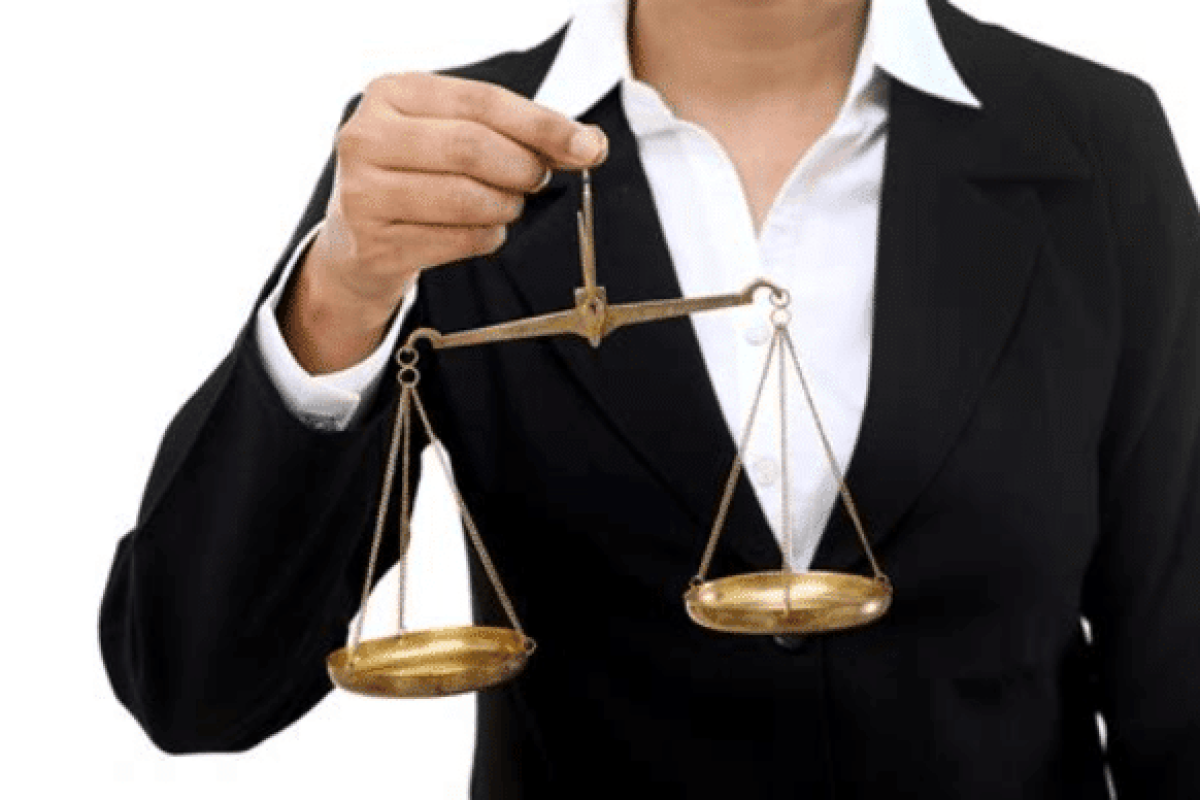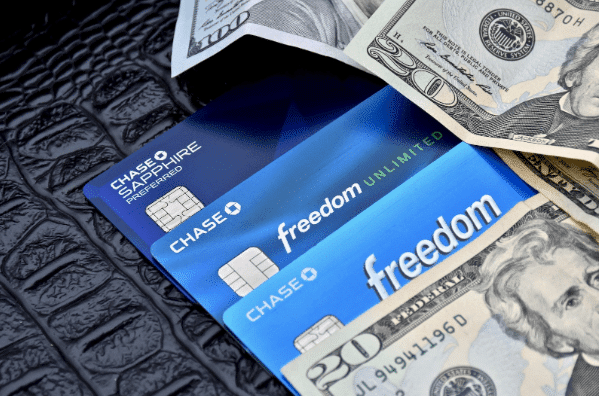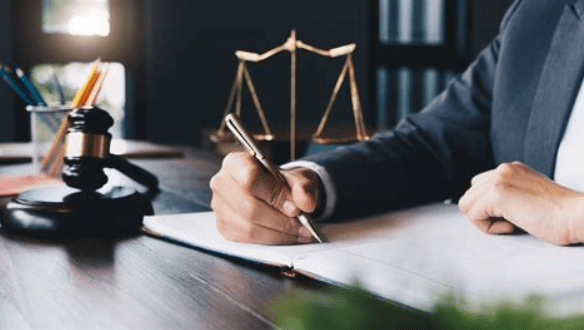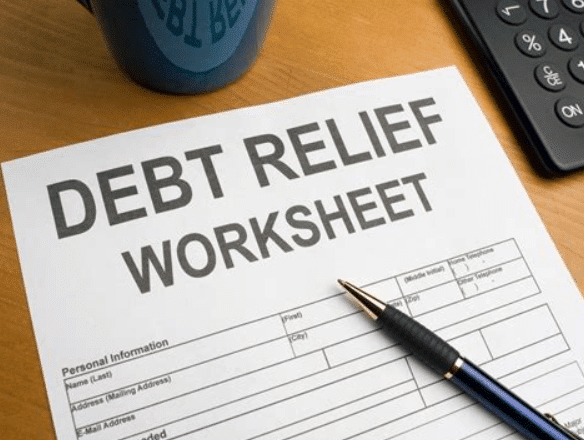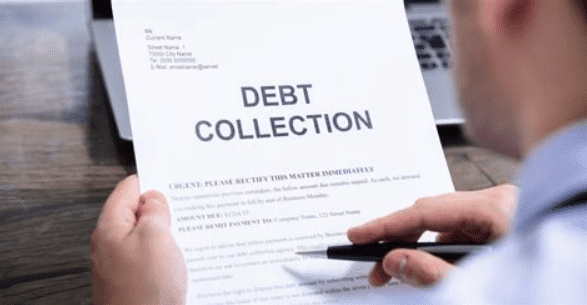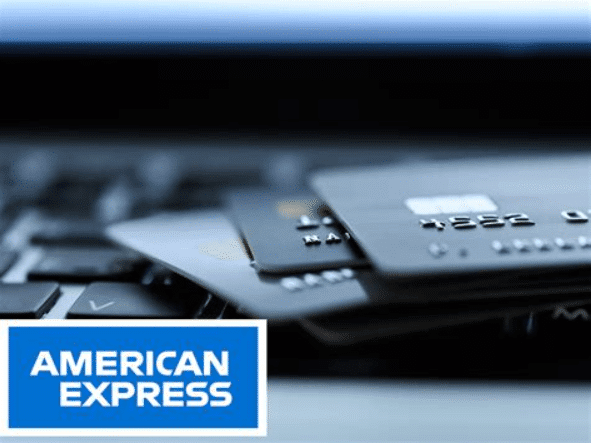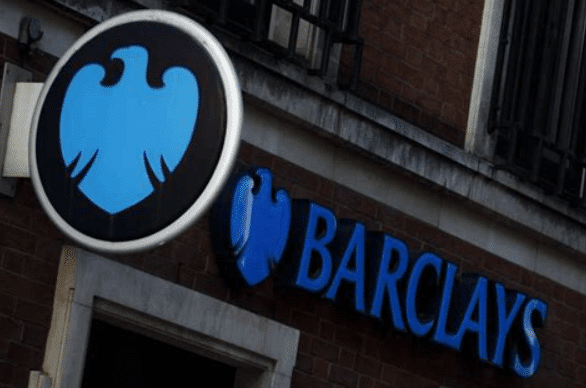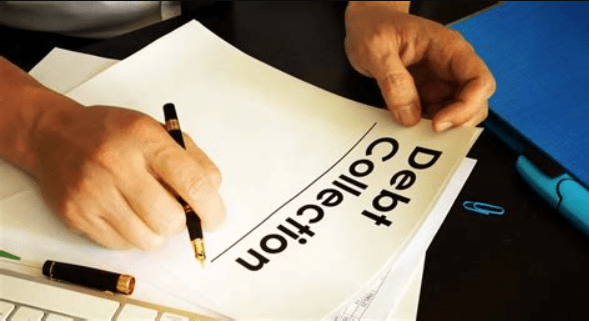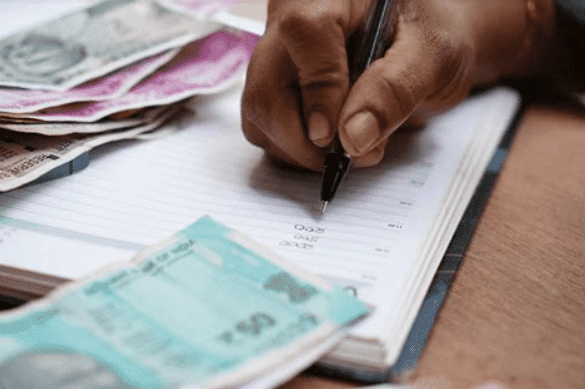Collaborating with your original creditor to resolve a debt is entirely feasible. In fact, certain creditors prove more amenable than debt collectors, particularly when presented with evidence of financial hardship. If you’re facing a lawsuit from your creditor over a debt, it’s crucial to address it promptly, initiate discussions with a settlement offer, and ensure all agreements are documented in writing. With ZumaZip Settle, we can facilitate this settlement process on your behalf, streamlining the journey for you.
If you have an old debt dragging you down, you may be looking to settle it. Settling debts allows you to pay a reduced amount to the creditor, typically 50% of its original value. In exchange for your payment, the creditor agrees to absorb the remaining amount due to them, and you’re free from further collection efforts.
Caution is key when navigating the debt settlement process.
When your original creditor still holds your account, it’s advisable to pursue direct negotiations with them to secure a favorable resolution. However, if uncertainty looms regarding whether your account has been transferred to a collection agency, clarification is imperative. Risking your finances by remitting payments to an unauthorized entity is a situation best avoided.
How do I find out who owns my account?
If you haven’t been contacted by a debt collection agency regarding your account with the lender, it’s probable that your original creditor retains ownership of your account. Before initiating negotiations with them, it’s prudent to obtain copies of your credit report from all three major credit reporting bureaus. This step provides comprehensive insight into your financial standing and facilitates informed discussions when reaching an agreement with your creditor.
You can obtain these copies by visiting the Annual Credit Report website. This site allows you to retrieve your credit report free of charge from Experian, Equifax, and Transunion.
Your credit report serves as a comprehensive record, detailing your creditors, current balances, and payment history. Accounts in collections are clearly identified. If you don’t spot any collection accounts, or if those listed pertain to different debts, it’s likely your original creditor still maintains your account.
Should unfamiliar collection companies appear, it’s important to investigate further. Collection agencies are obligated to validate the debt’s authenticity and provide you with a specific window to dispute it before reporting to credit bureaus. Overlooking this validation process could be an oversight or signal potential identity theft.
Sending a Debt Validation Letter to these collectors clarifies ownership of the debt and compels them to substantiate its accuracy and your responsibility for it. Failure to validate often results in cessation of communications from debt collectors.
Keep reading to learn more about how a Debt Validation Letter can help you. Alternatively, check out this video:
A collection agency owns my old account. Should I negotiate a settlement with them?
Before negotiating a settlement with a collection agency, ensure it has the rights to your account. Send a written letter asking the agency to validate your debt.
In your Debt Validation Letter, ask the collection agency to provide proof of the following:
- That you owe the debt
- The amount of the obligation
- The age of the debt
- The debt collector’s license number
- A determination of whether the statute of limitations has expired
- The last action incurred in the account, like a payment or purchase
If the debt collection agency can verify your debt, it will send you the required information. It’s best to send your validation letter via certified mail with a return receipt requested to have proof of delivery.
You should hear back from the collection agency within 30 to 60 days. If it validates your debt, you can begin the settlement process directly with them.
The original creditor still owns my account. Can I attempt to settle my debt?
Yes, if the original creditor still owns your account, you should attempt to come to a settlement agreement with them. If you haven’t made regular payments, you are more likely to be successful.
Collections agencies typically buy overdue debt accounts in bulk for an average of 4% of their original value. If your account goes to a collections company, your original creditor is essentially giving up on you. Your creditor would much rather you pay a settlement than sell your account to a debt collector.
Consider what you have to offer the creditor. If you have enough savings to settle the balance for 30% or more, see if the creditor is willing to negotiate with you.
People who don’t have enough money to settle should consider making payment arrangements to reduce the amount of their debt. For example, you can tell the creditor that you can make regular payments until half of the balance is paid.
What should I do if my original creditor refuses to agree to a settlement?
Many creditors are willing to accept settlement offers, especially if you haven’t regularly made payments. They know that if they don’t take your request or can’t give you a counteroffer, they have little chance of recovering much of your overdue balance.
However, creditors may not be willing to settle if you owe less than $500. Most people can handle small overdue accounts with a few monthly payments, and your creditor can take you to small claims court at little expense if you refuse to pay.
Some creditors refuse to settle accounts as a matter of principle. If a creditor refuses to entertain any idea of a settlement, they are more likely to pursue a lawsuit. See if the creditor is willing to agree to extended payment terms instead.
My original creditor is suing me for debt—what should I do?
If you’ve been sued by your original creditor for a debt, and you’re interested in settling, follow these three steps:
- Respond to the lawsuit.
- Send a debt settlement offer.
- Get the agreement in writing.
Let’s take a closer look at each of these steps.
. Respond to the lawsuit
First, you’ll want to file an Answer in response to your creditors lawsuit.
Be sure to file your Answer with the court and send a copy to the opposing lawyer before your state’s deadline in order to protect yourself from a default judgment.
With a default judgment granted, your creditor can garnish your wages or seize your property. Responding to the lawsuit gives you time to work out a settlement agreement and get your finances squared away.
With ZumaZip, you can draft and file a customized Answer to your lawsuit in minutes online.
2. Send a debt settlement offer.
Next, determine how much you can afford to pay in a settlement. The more you can offer, the better your chance for success. Ideally, your offer should be around 60% of the value of your debt, but this amount totally depends on your circumstances.
For instance, if you owe $8K, consider offering a settlement of $4.8K. Reach out to your creditor to explain your financial situation and state your offer. It may sound something like this:
“I am offering you a lump-sum payment of $___ to settle the case with case number ___. If you accept the offer, please confirm. If you want to counteroffer, please reply to this message with only ‘Counteroffer: [$___].’
“This offer expires in 7 days on [MM/DD/YY]. If accepted, I will pay the agreed amount within 90 days of the settlement date.”
Once you send your offer, wait for a response. You will likely receive a counteroffer. If you can’t afford to pay the counteroffer, it’s best to further explain your financial circumstances. The debt collector or attorney may be willing to cut you a deal.
ZumaZip Settle takes care of the settlement negotiation process for you.
3. Get the agreement in writing.
Finally, make sure to get your settlement agreement in writing. A written agreement will protect you in case your creditor changes their mind or tries to take further action against you. Keep a record of your payment, including cancellation of your check or a payment receipt.
If you’re nervous about handling your settlement yourself, ZumaZip Settle has got you covered. ZumaZip Settle will manage your debt settlement agreement for you.
Now, let’s take a look at an example.
Example: Bradley found himself facing a lawsuit from his credit card company, claiming a debt of $8,000. With the help of ZumaZip, he promptly responded to the case, buying himself valuable time to strategize for a resolution. After careful budgeting, Bradley determined he could manage to pay off $6,000, which amounted to 75% of the debt. Utilizing ZumaZip Settle, he initiated negotiations with the creditor, initially proposing a settlement of $4,800, which was 60% of the debt. Following some back-and-forth, they eventually settled on $5,600, representing just 70% of the original debt. With the lawsuit dismissed and his financial burden significantly reduced, Bradley can now rest easier, free from the weight of further indebtedness.
What is ZumaZip?
ZumaZip is a convenient solution designed to streamline your response to a debt collection lawsuit. Here’s a breakdown of what you can expect when you use ZumaZip:
Firstly, you’ll access our user-friendly web application, which guides you through the process step by step. You’ll be prompted to answer a series of questions related to your specific situation. Once you’ve completed the questionnaire, you have the option to either print out the finalized forms and mail them to the appropriate courts yourself, or you can opt to utilize ZumaZip’s services to file them on your behalf. Additionally, if you choose this option, an attorney will review your document for added peace of mind.
If you’re seeking guidance on how to effectively respond to a debt collection lawsuit, ZumaZip can provide the assistance you need. Feel free to explore our FAQs for more information on what ZumaZip has to offer.
What if I haven’t been sued yet?
If you’ve only received a collections notice, but not a lawsuit, the best way to respond is with a Debt Validation Letter. When a debt collector contacts you in any way, whether it’s by phone or mail, you can respond by formally requesting a debt validation with a Debt Validation Letter . This letter notifies the collector that you dispute the debt and forces them to provide proof you owe the debt. They can’t call you or continue collecting until they provide validation of the debt. This flowchart shows how you can use a Debt Validation Letter to win.
Get started with a Debt Validation Letter here.
How to Answer a Summons for debt collection in all 50 states
Here’s a list of guides on how to respond to a debt collection lawsuit in each state:
- Alabama
- Alaska
- Arizona
- Arkansas
- California
- Colorado
- Connecticut
- Delaware
- Florida
- Georgia
- Hawaii
- Idaho
- Illinois
- Indiana
- Iowa
- Kansas
- Kentucky
- Louisiana
- Maine
- Maryland
- Massachusetts
- Michigan
- Minnesota
- Mississippi
- Missouri
- Montana
- Nebraska
- Nevada
- New Hampshire
- New Jersey
- New Mexico
- New York
- North Carolina
- North Dakota
- Ohio
- Oklahoma
- Oregon
- Pennsylvania
- Rhode Island
- South Carolina
- South Dakota
- Tennessee
- Texas
- Utah
- Vermont; Vermont (Small Claims court)
- Virginia
- Washington
- West Virginia
- Wisconsin
- Wyoming
Guides on how to beat every debt collector
Hey there! Facing off against a debt collector can feel like a daunting challenge, but fear not! We’re here to help you navigate through it all with our handy guides designed to assist you in beating every debt collector you encounter. Whether you’re facing a new lawsuit or dealing with a persistent collector, we’ve got your back. Stay positive, stay informed, and let’s tackle this together!
- Absolute Resolutions Investments LLC
- Accredited Collection Services
- Alliance One
- Amcol Clmbia
- American Recovery Service
- Asset Acceptance LLC
- Asset Recovery Solutions
- Associated Credit Services
- Autovest LLC
- Cach LLC
- Cavalry SPV I LLC
- Cerastes LLC
- Colinfobur
- Covington Credit
- Crown Asset Management
- CTC Debt Collector
- Cypress Financial Recoveries
- Delanor Kemper & Associates
- Eagle Loan of Ohio
- Educap
- Estate Information Services
- FIA Card Services
- Forster & Garbus
- Freshview Solutions
- Fulton Friedman & Gullace LLP
- Harvest Credit Management
- Howard Lee Schiff
- Hudson & Keyse LLC
- Integras Capital Recovery LLC
- Javitch Block
- Jefferson Capital Systems LLC
- LVNV Funding
- Mannbracken
- Mariner Finance
- Medicredit
- Michael J Adams PC
- Michael J Scott
- Midland Funding LLC
- Mullooly, Jeffrey, Rooney & Flynn
- Mountain Land Collections
- MRS Associates
- National Collegiate Trust
- Nationstar Foreclosure
- Northstar Capital Acquisition
- NCEP LLC
- NRC Collection Agency
- OneMain Financial
- Palisades Collection LLC
- Pallida LLC
- Paragon Revenue Group
- Pinnacle Collections Agency
- PMAB LLC
- Portfolio Recovery Associates
- Provest Law
- PYOD LLC
- Reunion Student Loan Finance Corporation
- Revenue Group
- Regents and Associates
- RSIEH
- Salander Enterprises LLC
- Second Round Sub LLC
- Security Credit Services
- Sherman Financial Group
- Suttell and Hammer
- T-Mobile
- Transworld Systems
- Tulsa Teachers Credit Union
- UCB Collection
- Velo Law Office
- Velocity Investments
- Waypoint Resource Group
- Weinberg and Associates
- Wolpoff & Abramson
Settle your medical debt
Having a health challenge is stressful, but dealing medical debt on top of it is overwhelming. Here are some resources on how to manage medical debt.
- Am I Responsible for My Spouse’s Medical Debt?
- Do I Need a Lawyer for Medical Bills?
- Do I Need a Lawyer to Fight Medical Bill Debt?
- Does Bankruptcy Clear Medical Debt?
- How Much Do Collection Agencies Pay for Medical Debt?
- How to Find Medical Debt Forgiveness Programs
- Is There a Statute of Limitations on Medical Bills?
- Medical Debt Statute of Limitations by State
- Summoned to Court for Medical Bills — What Do I Do?
- Summoned to Court for Medical Bills? What to Do Next
Stop calls from Debt Collectors
Do you keep getting calls from an unknown number, only to realize that it’s a debt collector on the other line? If you’ve been called by any of the following numbers, chances are you have collectors coming after you, and we’ll tell you how to stop them.
- 800-390-7584
- 800-289-8004
- 800-955-6600
- 877-366-0169
- 877-591-0747
- 800-278-2420
- 800-604-0064
- 800-846-6406
- 877-317-0948
- 888-899-4332
- 888-912-7925
- 202-367-9070
- 502-267-7522
Other wage garnishment resources
- Bank Account Garnishment and Liens in Texas
- Can I Stop Wage Garnishment?
- Can My Wife’s Bank Account Be Garnished for My Debt?
- Can Payday Loans Garnish Your Wages?
- Can pensions be garnished?
- Can Private Disability Payments Be Garnished?
- Can Social Security Disability Be Garnished?
- Can They Garnish Your Wages for Credit Card Debt?
- Can You Stop a Garnishment Once It Starts?
- Guide to Garnishment Limits by State
- How Can I Stop Wage Garnishments Immediately?
- How Long Before a Creditor Can Garnish Wages?
- How Long Does It Take to Get Garnished Wages Back?
- How to Fight a Wage Garnishment
- How to Prevent Wage Garnishment
- How to Stop a Garnishment
- How to Stop Social Security Wage Garnishment
- How to Stop Wage Garnishment — Everything You Need to Know
- New York Garnishment Laws – Overview
- Ohio Garnishment Laws — What They Say
- Wage Garnishment Lawyer
- What Is Wage Garnishment?

